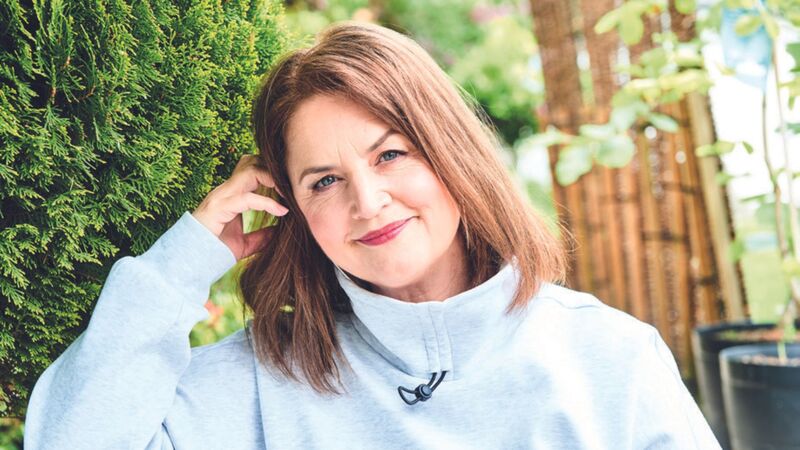You are viewing your 1 free article this month. Login to read more articles.
Bloomsbury wins five-way auction for 'modern masculinity manifesto'
Bloomsbury Continuum has won a five-way bidding war for a “manifesto for modern masculinity” by Book of Man founder Martin Robinson.
Jamie Birkett, commissioning editor for Bloomsbury Continuum, acquired UK and Commonwealth rights for the title in a five-publisher auction from Charlie Brotherstone at BCM. You Are Not the Man You Are Supposed to Be will be published on 1st October 2020 in hardback, retailing at £20.
“Martin Robinson sets out to find a new model of masculinity for the 21st century,” the synopsis reads. “Tackling key concerns, such as sexual harassment, education, mental health and suicide, Martin explores the new ways that men are approaching life at a time when they feel the ground shifting beneath their feet. Throughout the book Martin delivers a mixture of hard-hitting truths blended with his trademark witty style of chatty, gonzo-journalism and interviews with the likes of boxer and Olympic gold medallist Luke Campbell MBE, Calm c.e.o. Simon Gunning, and author and journalist Poorna Bell.”
Robinson is an editor, c.e.o. and founder of the Book of Man which launched spring 2018, a men’s website aiming to deconstruct old school manliness and work towards a new concept of masculinity. Based in south London, Robinson n worked in magazines for 17 years, from Maxim to NME and ultimately as editor of ShortList.
He said: “I’m absolutely thrilled to be joining Bloomsbury Continuum. Hopefully the book will be an illuminating journey into the chaos of masculinity today, to see what’s changing, and what isn’t. Amidst the pain and the anxiety and the violence, I hope to find hope and, if not hope, at least a couple of free meals.”
Birkett added: “I knew Martin was the perfect person to write this urgent book on modern masculinity, and I’m delighted that despite fierce competition and wide interest it has come to Bloomsbury Continuum. Martin’s deadly serious yet constantly entertaining book will both develop and complement the vital conversations begun in the wake of the #MeToo movement.”
















